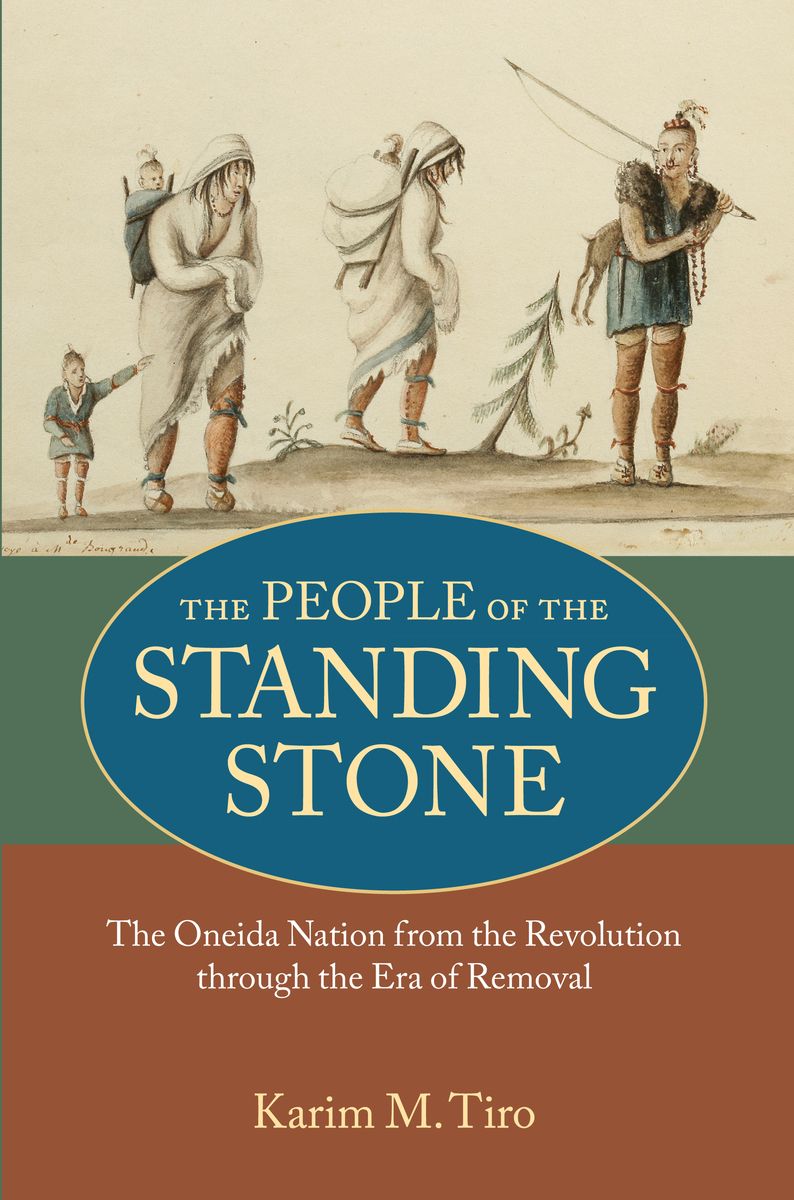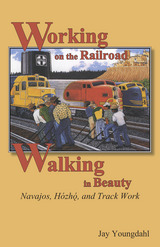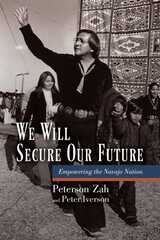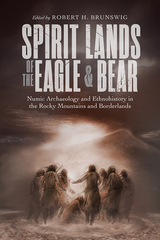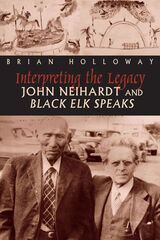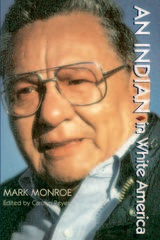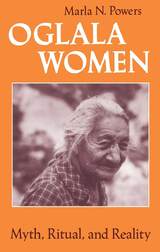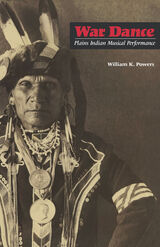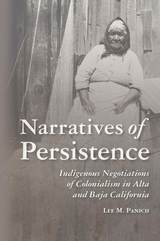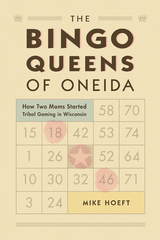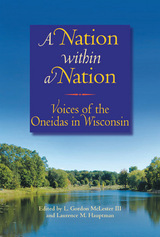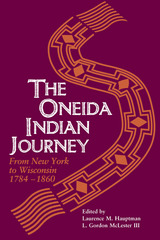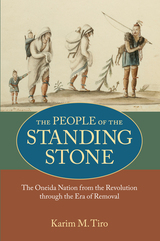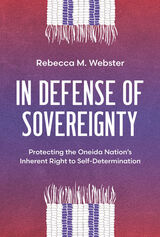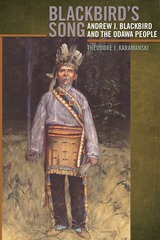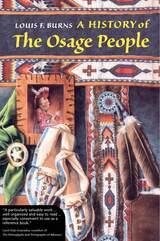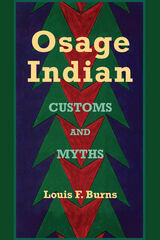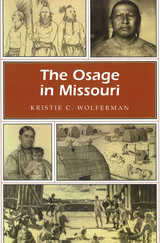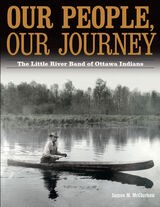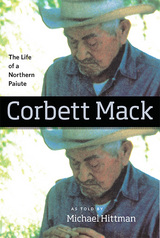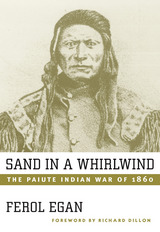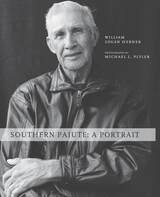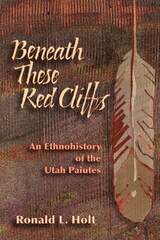The People of the Standing Stone: The Oneida Nation from the Revolution through the Era of Removal
University of Massachusetts Press, 2011
Cloth: 978-1-55849-889-1 | Paper: 978-1-55849-890-7 | eISBN: 978-1-61376-000-0 (institutional)
Library of Congress Classification E99.O45T57 2011
Dewey Decimal Classification 974.70049755
Cloth: 978-1-55849-889-1 | Paper: 978-1-55849-890-7 | eISBN: 978-1-61376-000-0 (institutional)
Library of Congress Classification E99.O45T57 2011
Dewey Decimal Classification 974.70049755
ABOUT THIS BOOK | AUTHOR BIOGRAPHY | REVIEWS
ABOUT THIS BOOK
Between 1765 and 1845, the Oneida Indian Nation weathered a trio of traumas: war, dispossession, and division. During the American War of Independence, the Oneidas became the revolutionaries' most important Indian allies. They undertook a difficult balancing act, helping the patriots while trying to avoid harming their Iroquois brethren. Despite the Oneidas' wartime service, they were dispossessed of nearly all their lands through treaties with the state of New York. In eighty years the Oneidas had gone from being an autonomous, powerful people in their ancestral homeland to being residents of disparate, politically exclusive reservation communities separated by up to nine hundred miles and completely surrounded by non-Indians.
The Oneidas' physical, political, and emotional division persists to this day. Even for those who stayed put, their world changed more in cultural, ecological, and demographic terms than at any time before or since. Oneidas of the post-Revolutionary decades were reluctant pioneers, undertaking more of the adaptations to colonized life than any other generation. Amid such wrenching change, maintaining continuity was itself a creative challenge. The story of that extraordinary endurance lies at the heart of this book.
The Oneidas' physical, political, and emotional division persists to this day. Even for those who stayed put, their world changed more in cultural, ecological, and demographic terms than at any time before or since. Oneidas of the post-Revolutionary decades were reluctant pioneers, undertaking more of the adaptations to colonized life than any other generation. Amid such wrenching change, maintaining continuity was itself a creative challenge. The story of that extraordinary endurance lies at the heart of this book.
See other books on: Government relations | Oneida Indians | People | Relocation | Revolution, 1775-1783
See other titles from University of Massachusetts Press
